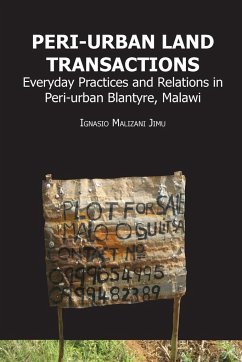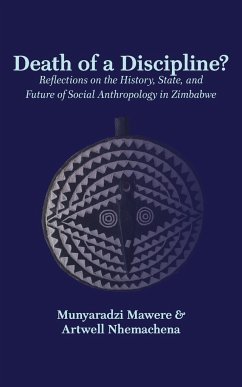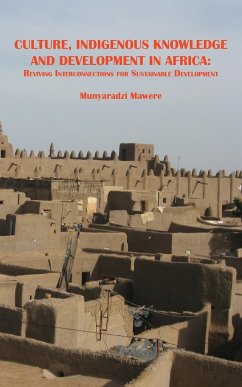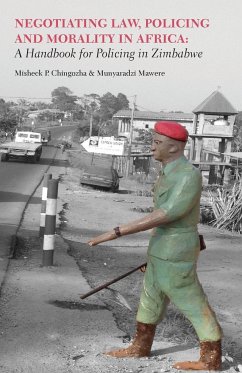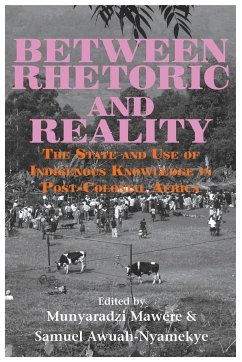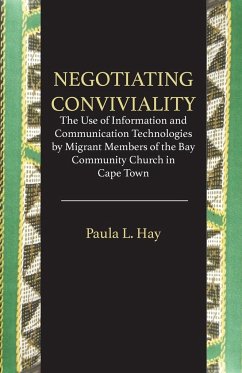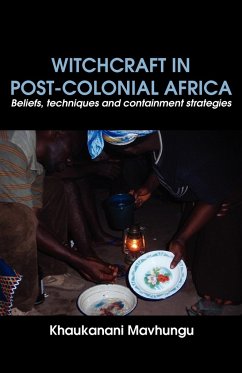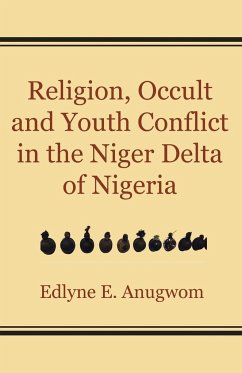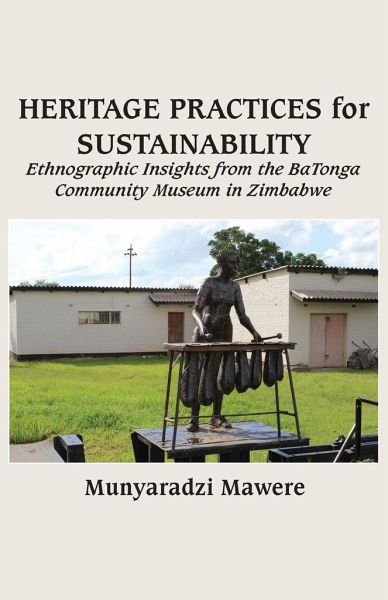
Heritage Practices for Sustainability
Ethnographic Insights from the BaTonga Community Museum in Zimbabwe
Versandkostenfrei!
Versandfertig in 1-2 Wochen
35,99 €
inkl. MwSt.

PAYBACK Punkte
18 °P sammeln!
Zimbabwean history is rooted in ethnic and cultural identities, inequalities, and injustices which the post-colonial government has sought to address since national independence in 1980. Marginalisation of some ethnic groups has been one of the persistent problems in contemporary Zimbabwe. Of particular significance to this book is the marginalisation of the BaTonga people of north-western Zimbabwe - a marginalisation whose roots are right back to the colonial era. Post-colonial Zimbabwe's emphasis on cultural identity and confirmation has, however, prompted the establishment of community muse...
Zimbabwean history is rooted in ethnic and cultural identities, inequalities, and injustices which the post-colonial government has sought to address since national independence in 1980. Marginalisation of some ethnic groups has been one of the persistent problems in contemporary Zimbabwe. Of particular significance to this book is the marginalisation of the BaTonga people of north-western Zimbabwe - a marginalisation whose roots are right back to the colonial era. Post-colonial Zimbabwe's emphasis on cultural identity and confirmation has, however, prompted the establishment of community museums such as the BaTonga Community Museum (BCM), to promote cultures of the ethnic minorities. This book critically examines the effects and socio-economic contribution of the BCM to the local communities and other sectors of the economy. It draws extensively on and problematizes prevalent debates on the biography of things to surface out the primacy of agency in heritage and sustainability.



